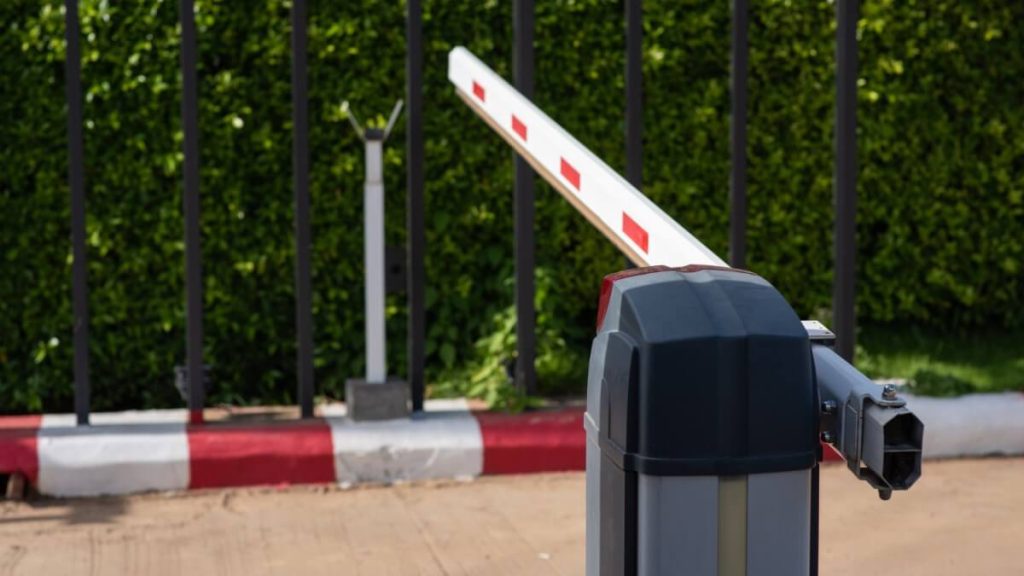Germany has initiated random border checks with five Western European countries, extending an existing system of controls already applied at its other four borders.
As of Monday morning, police inspections began at the borders with France, the Netherlands, Belgium, Luxembourg, and Denmark, set to continue for the next six months.
The coalition government is dealing with pressure over migration issues, particularly following recent fatal knife attacks where the suspects were asylum seekers.
In August, the Islamic State group took responsibility for a knife attack in Solingen, a city in the west of Germany, which resulted in three deaths.
Additionally, there has been a noticeable increase in support for the far-right opposition and conservative parties, which are placing greater emphasis on immigration and security concerns.

Nevertheless, experts have raised doubts about the long-term effectiveness of these measures.
“Research has shown usually with these border checks, it’s usually not the big fish, it’s the smaller fish that will get caught,” says migration expert Svenja Niederfranke.
“And not every single smuggler will get caught either, because obviously they know where the border checks are and they will find different ways to do it.”
Some view the testing of European unity by the border controls as a step away from the essence of the EU’s Schengen agreement, which allows for free travel.


